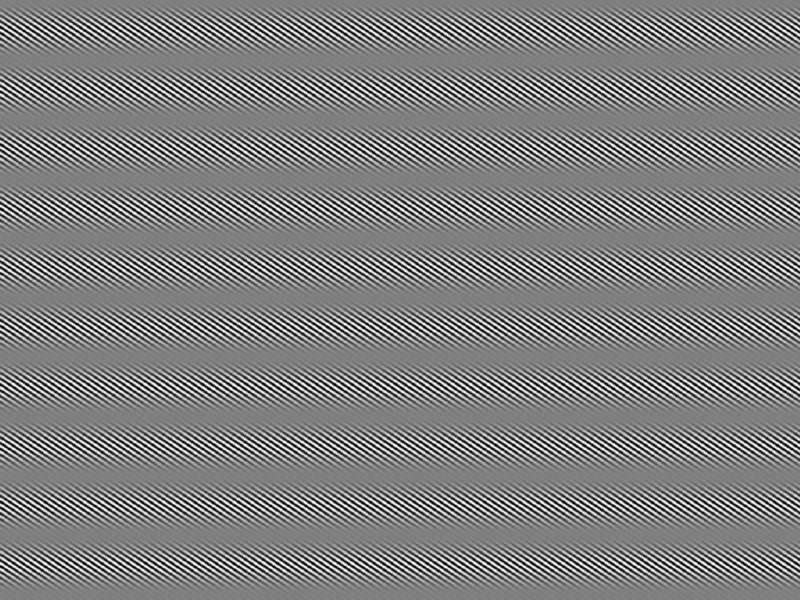
0

Norbert Math
Oggau am Neusiedler See, Austria
Die Battistini-Methode
Radiophonic exploration of the “The New Epoch of Music through Radio“
During the past eight years, the IMA Institute of Media Archaeology has compiled a comprehensive image-sound-text archive. As part of the IMAnarchiv Residency, artists have been invited to inscribe themselves in this memory and to compare this with their own or other memories.
In 2008/2009 the Institute of Media Archaeology organised the exhibition “Magical Sound Machines” at the Kulturfabrik Hainburg where a huge range of inventions for generating, recording and transmitting electronic sound was not only on display but could be played as well. The exhibition, plus performances, sound recordings and publications make up the body of an archive. This archive, which can in part be accessed online at http://klangmaschinen.ima.or.at/db/ is the point of departure of Nobert Math’s artistic explorations.
On 13 December 1900 the British physicist William Duddell presented to the London Institution of Electrical Engineers an instrument which makes music with light: the singing (or “musical”) arc is basically an electric arc which is tuned by means of a special switching so as to play music. It also produces a remote effect, since it turns out that nearby carbon arc lamps will hum along with the melody generated. Two years after the presentation of the “musical arc”, Valdemar Poulsen was able to transfer this basic switching configuration to high frequency oscillations and thereby built the first efficient radio transmitter.
This means, there was a short moment of transition of a musical instrument into the radio – a moment where one thing becomes another. “With radio, a new age of music begins.” (Jörg Mager)
In his explorations Math goes back in time to the point when the concepts of the new were still blurred – when the lines between terms such as “radio”, “telephone” and “electronics” weren’t drawn yet – when these terms, rather, were projection surfaces, vague visions of the future, of possibilities and wishful thinking. We know the outcome and it has become the world we live in. Still it is sometimes appealing to take a step backwards; to imagine – if only in a playful way – living at a point in time when everything was possible and nothing had been decided yet.
Just as much as the above-mentioned utopias are projections of the future, so much they are based on the past. It is the photos of voices from an earlier time which are transmitted to us on a “ghost piano”, so to speak.
“We could thus force Battistini today to perform melodies that were composed after his death by photographing for the instrument a single tone from a Battistini album and recording it on the disks.” *)
The electric arc of the radio/electric music-making machine spans the dimension of time and assumes the voices of the dead.
–––
*) Das Spielmannsche Lichtklavier, in: Radiowelt 1929, issue 3, p.73. Excerpted from: Peter Donhauser, Elektrische Klangmaschinen, Die Pionierzeit in Deutschland und Österreich. Boehlau Wien 2007, p.60.
produced by Norbert Math for IMA Institut für Medienarchäologie and Kunstradio-Radiokunst.
English translation: Friederike Kulcsar